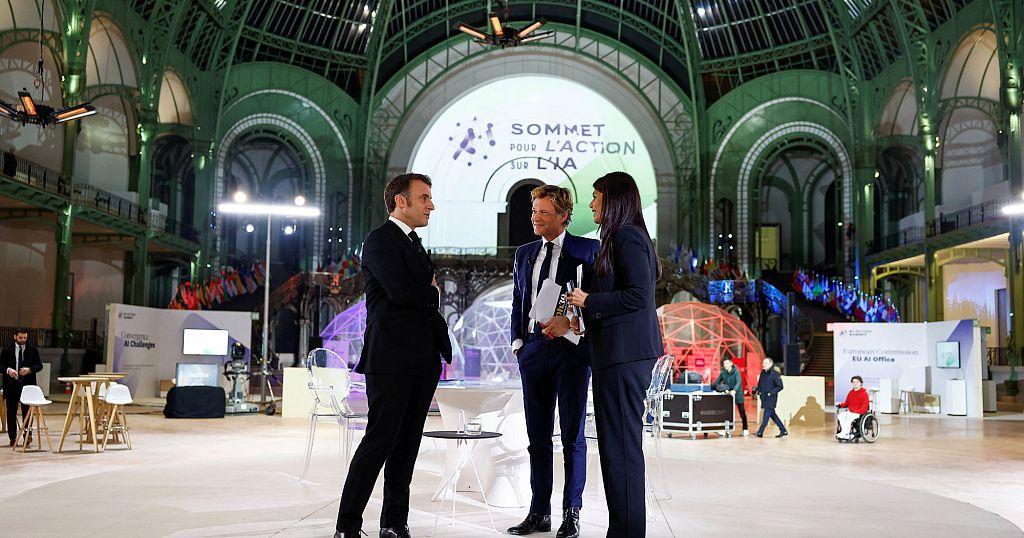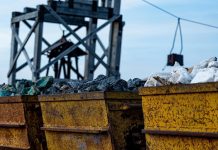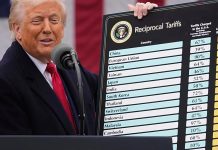Africa-Press – Mauritius. The geopolitics of artificial intelligence will be in focus at a major summit in Paris where world leaders, executives and experts will try to hammer out agreements on guiding the development of the rapidly advancing technology on Feb. 10-11.
It’s the latest in a series of global discussions for AI governance that comes at a fresh inflexion point as a new Chinese artificial intelligence model shakes up the industry.
French President Emmanuel Macron and Indian Prime Minister Narendra Modi are co-hosting the gathering, which aims to tackle the question of how to harness artificial intelligence’s potential so that it benefits everyone while containing the technology’s myriad risks.
U.S. Vice President JD Vance will be attending, as will China’s Vice Premier Ding Xuexiang and European Commission President Ursula von der Leyen.
“We know he will be there at the plenary to make a speech. So, you know, thinking about his previous interventions in places like the Munich Security Conference, it’s conceivable that he would make quite a belligerent kind of speech,” explained Nick Reiners, Senior Geotechnology Analyst the Eurasia Group.
“That could undermine the idea of agreeing on a joint communique or anything particularly substantial,” he added.
Silicon Valley bigwigs like OpenAI CEO Sam Altman, Microsoft President Brad Smith and Google CEO Sundar Pichai will also be there.
AI risks are still on the agenda, with an expert group reporting back on general purpose AI’s possible extreme dangers.
But this time organizers are expanding the discussion to more countries, and widening the debate to a range of other AI-related topics.
Like previous editions, the summit won’t produce any binding regulation.
Macron’s team wants to shift the focus away from the race to develop better-than-human artificial general intelligence by amassing computing power, and instead open up access to data that can help solve problems like cancer or long COVID.
It’s unclear whether Trump’s officials will sign off anything at the summit.
Trump has spoken of his desire to make the U.S. the “world capital of artificial intelligence” by tapping its U.S. oil and gas reserves for the energy-hungry technology.
The release last month of Chinese AI startup DeepSeek’s chatbot stunned because of its ability to rival Western players like ChatGPT.
Yet the rise of DeepSeek, which built its open-source AI model at a fraction of the the cost and chips, also puts China’s interests in line with France’s.
Macron is hoping to offset dominance of U.S. AI players and make room for others, including French startup Mistral, which uses an open-source AI model.
“It’s quite interesting, France, in its typical way, trying to position itself a little bit in between the U.S. and China and not aligning a wholesale with the U.S. to try to, you know, gain some leverage that way and and demonstrate strategic autonomy, as Macron likes to talk about,” said Reiners.
Brussels has long been a thorn in the side of Big Tech companies, cracking down with antitrust penalties against the likes of Google, Apple and Meta.
Trump lashed at the EU’s multibillion-dollar fines at the World Economic Forum in Davos, Switzerland last month, calling them a “form of taxation” on American companies.
More recently EU’s artificial intelligence regulation has met resistance from the companies.
For More News And Analysis About Mauritius Follow Africa-Press







